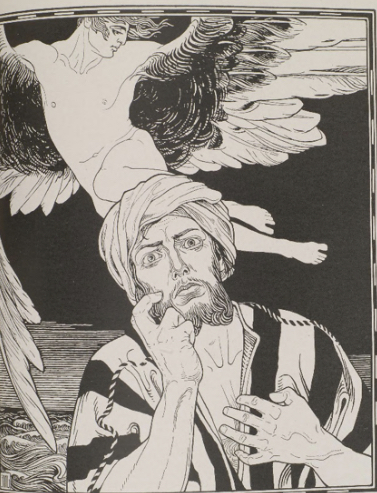An often mentioned but little explored concept in Judaism is mysticism, or as Jews refer to it, Kabbalah. Literally translated as “tradition,” this school of thought builds its theology off an ancient prolific text called the Zohar, which focuses entirely on the mystical aspects of Judaism. Kabbalah explores many of the usual suspects in religious debate such as free will, the sources of good and evil, reincarnation, and humanity’s purpose, among other items.
The question here is if Kabbalah is a core tenet of Judaism, or not. In the secular eye, it was a trending faith system among celebrities like Madonna and Ariana Grande, but that more publicly traded Kabbalah shuttered under a series of scandals including the misuse of millions of dollars. That page in Kabbalah’s lifespan became contentious enough to receive a clear statement from Chabad in regard to its function and authenticity when a blog post asked the question, “Is New-Wave Kabbalah Authentic?”
The main issue author Aron Moss argued was that “Kabbalah is a living, breathing spirituality that is nourished by the rich soil of Jewish wisdom and practice. But those who are calling it a separate religion, for the obvious reason of gaining a wider audience, are turning something deep and holy into just another passing fad.”
His point was supported by an investigative journalist from the Telegraph, who feigned cancer to see what the Kabbalah Centre could do for them, only to be told that his cure could be found in the purchase of a Zohar and a case of their version of holy water – totaling almost £400. Ethically ambiguous practices like that may leave people uncertain of organizations like the Kabbalah Centre whom spearhead the modern presence of Kabbalah.
Looking past that and into the actual tenets in Kabbalah, it is still possible to vouch for its authenticity when applied in a context more akin to the words of Moss. Something many modern Orthodox Jews do recognize is Tikkun Olam, or the “repairing the world,” which is in fact a core belief in the Zohar, and therefore in Kabbalah. In this sense, Kabbalah is one of many roots among modern Jewry, and perhaps unbeknownst to many, is something we employ daily.
On the returning end, attempting to read the Kabbalah at face value also introduces one of the more problematic beliefs it holds, such as the dualistic view of good and evil. Similarly to the dichotomous relationship between God and Satan in Christianity, Rabbi Moshe Miller explains in the introduction to his translation of the Zohar that “evil and impurity are often referred to in the Zohar as “the other side”.
Regardless, it looks clear that Kabbalah holds some valuable, if not essential, concepts which have a home in the greater Jewish community, but a troubling history of its utilization as a product sold to the secular world plagues the potential for Kabbalah to be a more commonly accepted member of the team of ideologies which occupy Jewish thought.

